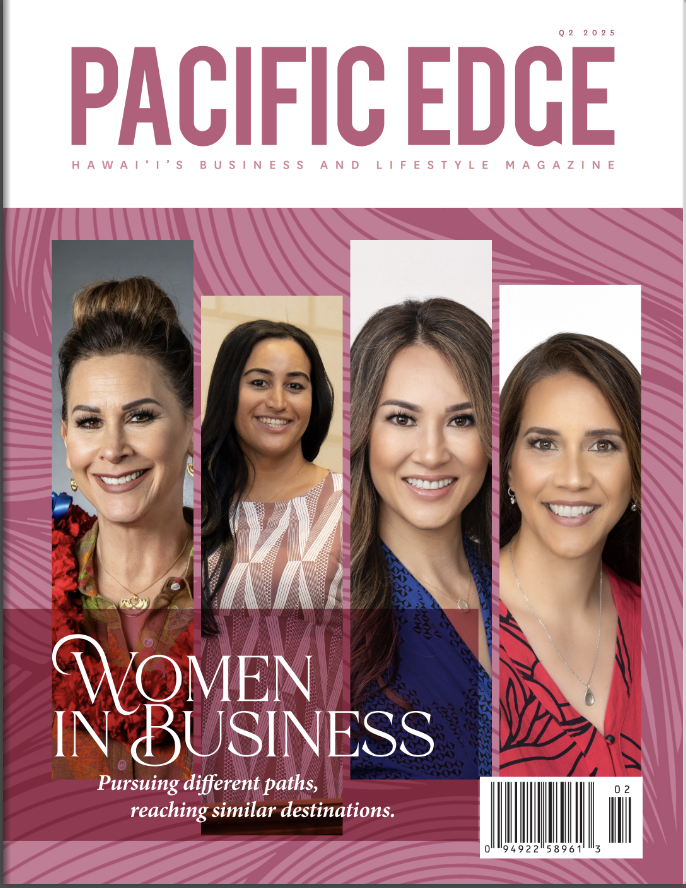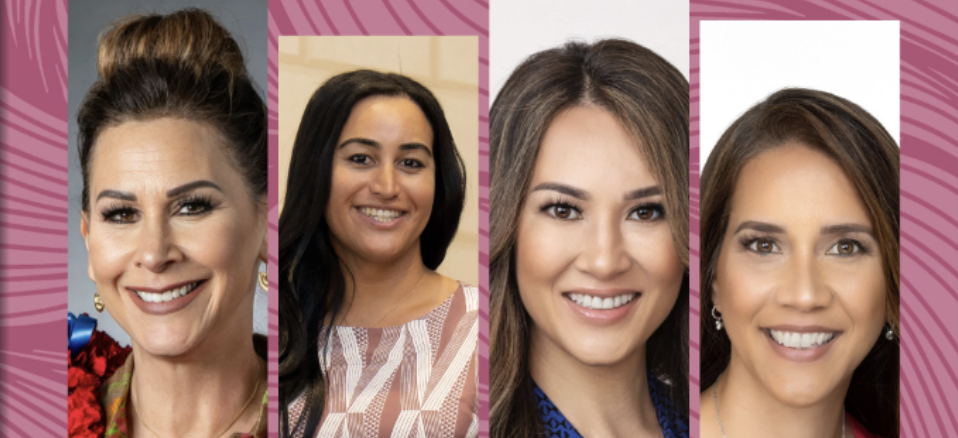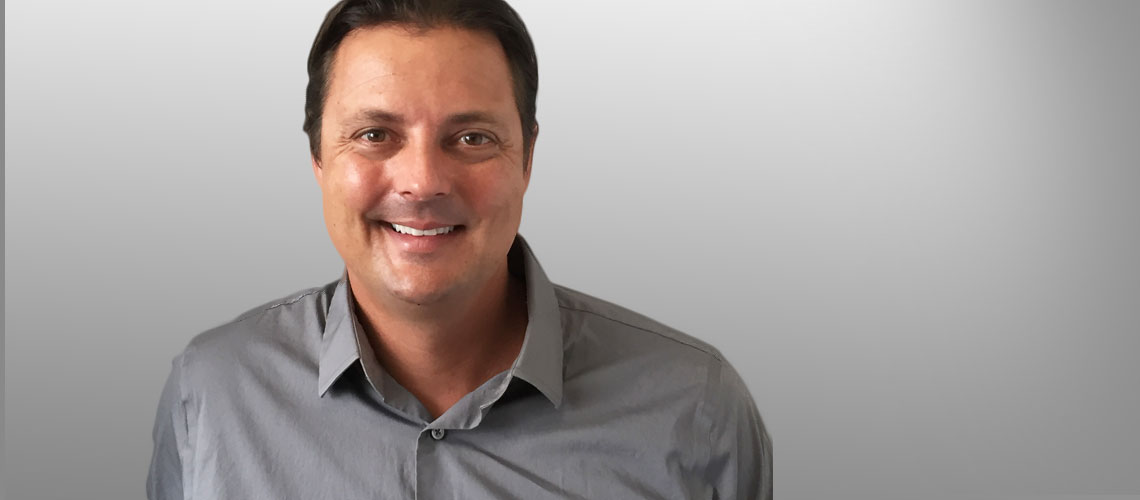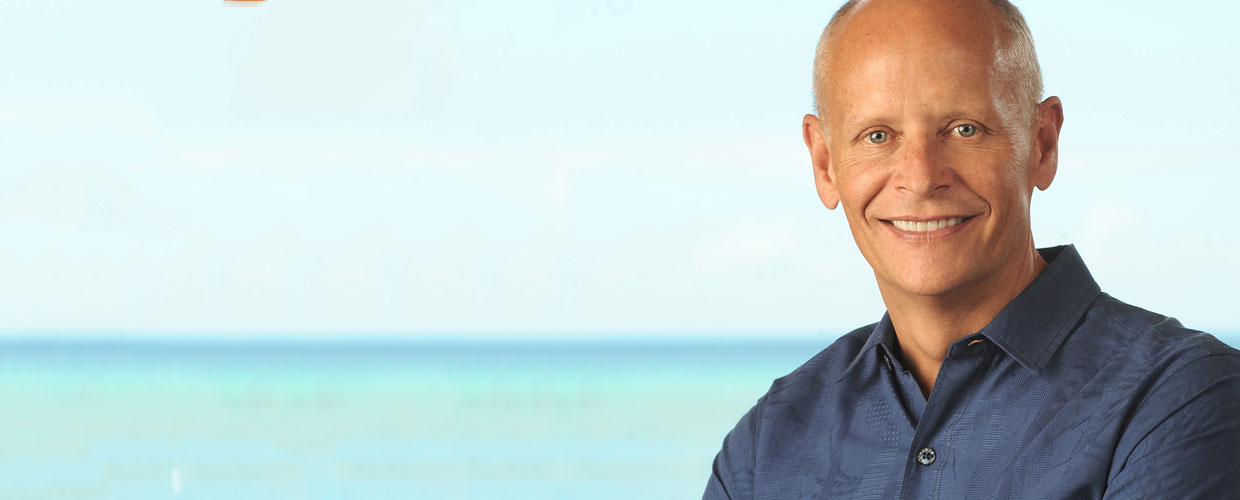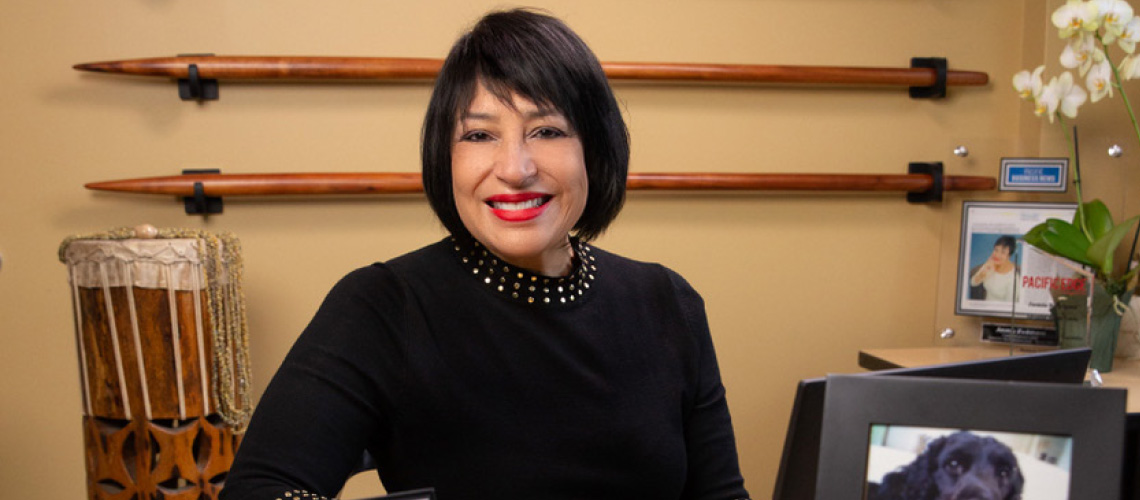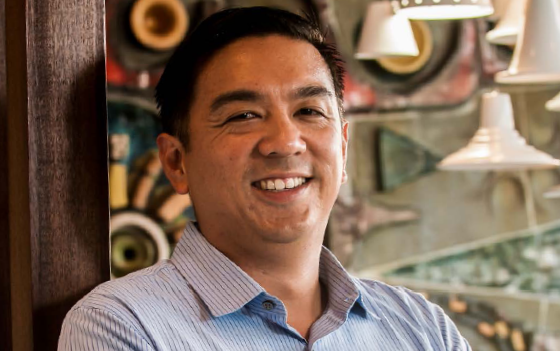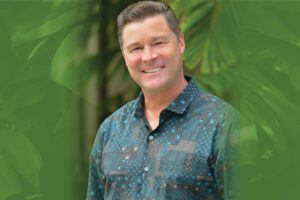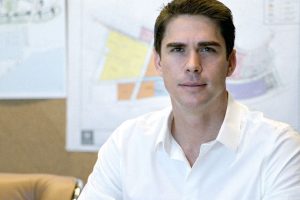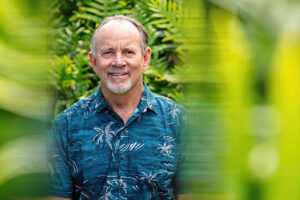How has your experience prepared you for this role?
Over a decade ago, my public health journey began at Waikiki Health, where I witnessed first-hand the power of compassionate, community-centered care.
That early experience inspired a career dedicated to advancing health equity across local, state, and national levels. At the Hawai‘i Department of Health, I led HIV prevention efforts and earned state recognition for innovative, peer-based care models. Nationally, I directed HIV prevention programs at NASTAD, coordinating with health departments under the Ending the HIV Epidemic initiative.
Volunteering with local organizations and continuing my education as a Bloomberg Fellow at Johns Hopkins have deepened my commitment to addressing social determinants of health. Each step has prepared me to lead Waikiki Health with vision, purpose, and a passion for improving lives in our community.
What sets my approach apart is a blend of on-the-ground experience and strategic leadership, rooted in a deep respect for the communities we serve. I’ve consistently focused on building partnerships, empowering teams, and implementing data-informed strategies that drive results. I’m excited about the opportunity to bring this experience full circle—back to Waikiki Health—and to lead with the same heart and mission that first inspired my path in public health.
How do you address workforce retention challenges in a post-pandemic environment?
Post-pandemic, there has been a clear shift in how employees view work, with flexibility, well-being, and work-life balance becoming top priorities. Many experienced the benefits of remote or hybrid work during Covid-19, and the transition back to traditional office settings has highlighted a disconnect between organizational expectations and employee needs. To address this, it is essential for employers to offer flexible work arrangements such as hybrid schedules, compressed workweeks, or flexible hours.
Investing in mental health resources, paid leave, and wellness initiatives also support both personal and professional fulfillment. Retention is closely tied to growth and recognition. Employees are more likely to stay when they see a clear path for advancement through mentorship, skills training, and leadership development opportunities. A culture that promotes open communication and regularly acknowledges contributions, whether through public recognition, performance incentives, or personal gestures, fosters trust and a sense of belonging.
In addition, listening to employee feedback and involving them in shaping workplace policies can significantly improve engagement and satisfaction. Creating a space where staff feel heard and valued not only boosts morale but also helps organizations stay responsive to evolving workforce needs.
By fostering a people-centered culture rooted in flexibility, growth, and respect, organizations can build strong, motivated teams prepared to thrive in a changing world.
What inspires your passion for public health and social justice?
My passion for public health and social justice is rooted in a commitment to breaking down the barriers that prevent our most vulnerable communities from accessing quality care.
Systemic inequities, stigma, and social determinants of health often stand in the way of healing and progress. Waikiki Health’s mission to confront these challenges and provide essential support to Hawai‘i’s diverse communities is both inspiring and deeply aligned with my values.
I’m driven to advocate for those whose voices are often unheard, working to reduce stigma, promote inclusion, and ensure equitable access to care. It’s a privilege to contribute to an organization that fosters collaboration, embraces diversity, and makes a tangible impact on the lives of those it serves. Waikiki Health is where my passion for public health began, and it continues to fuel my dedication to creating a healthier, more just future for all.
If you could relive your life again, what’s something you would change?
While it’s natural to reflect on moments in life that one might want to change, I can genuinely say I wouldn’t alter a thing. Every experience, whether positive or challenging, has shaped me into the person I am today. Without those moments, I wouldn’t have developed the resilience, dedication, compassion, and loyalty that define me as a leader.
I am deeply grateful for the journey I’ve had, with its inevitable ups and downs. Just as in everyone’s life, the challenges I faced tested my character and taught me the importance of perseverance and growth. I believe it’s not the hardships themselves but how we respond to them that truly measures who we are.
What’s your vision for the future of community healthcare?
My vision for the future of community healthcare is a system that is seamless, inclusive, and rooted in equity. I imagine care that is accessible to everyone, regardless of their background or circumstances, where innovations in medicine and technology are available within reach.
This includes expanding services through neighborhood health centers, school-based clinics, mobile medical units, and pharmacy-led care, all designed to bring healthcare directly into communities. Telehealth should also be widely accessible, including in public spaces like libraries and shopping centers, so that lack of personal technology is no longer a barrier to care.
I also envision a future where technology supports clear and compassionate communication between patients and providers. Tools like artificial intelligence can help bridge language and cultural gaps, building trust, and improving understanding. At its core, my vision is grounded in the belief that healthcare is a basic human right.
By focusing on prevention, addressing social determinants of health, and making care affordable, we can create stronger, healthier communities where everyone has the opportunity to thrive.


